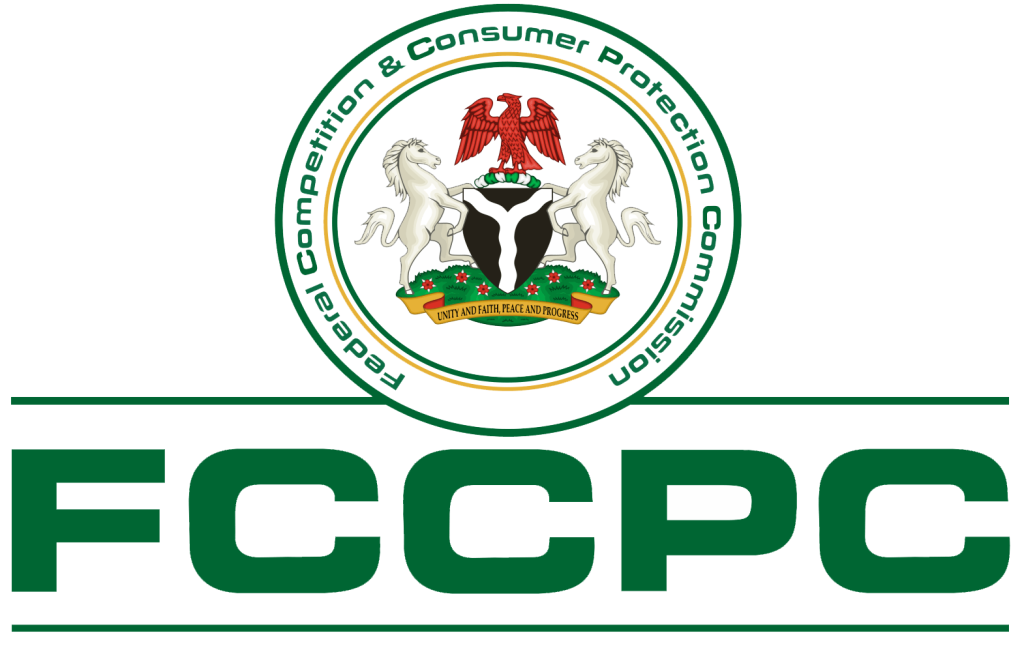In a recent warning that has sent ripples across the nation, the Federal Competition and Consumer Protection Commission (FCCPC) has raised alarm over the dangers of low-quality sugar flooding Nigeria’s markets. According to the commission, this imported substandard sugar is not only a threat to public health but also to the sustainability of local industries and fair competition.
The health risks associated with consuming these products, particularly their failure to meet essential fortification standards, are alarming and require immediate attention.
The FCCPC’s investigation uncovered a disturbing trend: smuggled sugar from Brazil, including products from companies such as Grupo Moreno, Terous, and USI, which are deficient in Vitamin A.
This essential nutrient is crucial for vision health and immune function, and its absence in these imported products increases the risk of serious medical conditions, including blindness. Vulnerable groups, particularly children and pregnant women, face even greater risks, including higher susceptibility to infections.
The implications are far-reaching. Aside from the potential health crisis, this influx of substandard sugar distorts the local market, manipulating prices and undermining fair competition.
Local producers, who adhere to strict regulatory standards, are unable to compete with the artificially low prices of these inferior imports. This not only jeopardises their livelihoods but also threatens the viability of the Nigerian sugar industry as a whole.
At the heart of this issue lies the persistence of porous borders. Countries like Cameroon and Benin Republic have been identified as key entry points for these harmful products, bypassing regulatory checks and evading the scrutiny of authorities. The ease with which these products infiltrate the market highlights the pressing need for stronger border controls and enforcement mechanisms.
The FCCPC’s response to this crisis is commendable. By intensifying collaborations with key agencies like NAFDAC and the Nigeria Customs Service, and launching educational campaigns to inform consumers about the dangers of consuming non-fortified sugar, the commission is taking proactive steps to protect the public. The call for consumers to verify product authenticity, checking for proper labeling and NAFDAC registration, is a crucial part of the solution.
However, the battle is far from over. To ensure long-term progress, authorities must step up efforts to combat smuggling and hold importers of substandard products accountable. Consumers must also play their part by remaining vigilant and reporting any suspicious products.
In the long run, a robust regulatory framework, paired with a strong local production base, will not only safeguard public health but also promote fair competition and economic growth.
The threat posed by substandard sugar imports is multifaceted, spanning public health, economic stability, and consumer trust. The FCCPC’s vigilance and commitment to upholding quality standards should serve as a model for tackling similar challenges in other sectors.
Only through collective action can Nigeria ensure a future where consumers are protected, local industries thrive, and the market remains free from the scourge of substandard imports.

